The content of the article
In the period of gestation, almost every woman suffers from frequent urination. As doctors say, the reason for this physiological phenomenon lies in the fact that the gradually growing fetus in the uterus with time begins to strongly press directly on the future bladder of the mother. Some women experience frequent urination at the very beginning of pregnancy, others in the middle of an interesting position, and still others in the third trimester of pregnancy. You should know that in some cases, the increased urine emission indicates a disease of the genitourinary system.
Frequent urging in the first trimester
Visiting the toilet in the first trimester of carrying a child can become quite frequent due to changes in the hormonal background in the female body.There is increased production of estrogen, progesterone, glucocortiroid and androgenic substances. Increased hCG, which affects the work of the female glands. In addition, directly under the influence of hormonal substances decreases the tone of the muscular-ligamentous apparatus of the bladder. Relaxation of ligaments provokes frequent urges to go to the toilet. The bladder is not able to hold even the average amount of biofluid.
The reason for increased urination also lies in the intensive functioning of the body of the kidneys at the very beginning of pregnancy. The total volume of fluid in the maternal organism increases, an additional circle of blood circulation is formed, the amount of amniotic fluid increases. Intensive metabolism occurs, and the regulation of a new volume of fluid causes frequent urination.
Even a small embryo size can put substantial pressure on the bladder. According to doctors, the developing fetus is, according to statistics, the most common cause of an over-frequent visit by a woman to the toilet.
Urination in the II trimester
Frequent urination in the II trimester may be due to:
- the development of cystitis;
- pyelonephritis;
- infections in the genital tract.
About the danger may indicate the presence of blood in the urine, so a woman should be more attentive to changes in her body. Pathological process and inflammation usually accompany itching in the vagina, pain in the lower abdomen, fever. The shade and structure of the excreted urine may change.
In the presence of these signs, the expectant mother should certainly seek medical attention. Infection can serve as a strong threat to the development of the child and contribute to miscarriage or premature birth.
Features of the third trimester
The growing uterus in the third trimester of gestation falls below and begins to exert pressure on the walls of the bladder. Night urge to urinate is increasing, a woman often visits the toilet during the day. Portions of excreted biofluids become less. In some cases, the obvious urging of a woman to urinate is false. This is due to the fact that the walls of the sensitive bladder and urethra are irritated with an insufficient amount of urine.
Changing the composition of urine before childbirth. The expectant mother is required to monitor the level of sugar and salt in the daily diet, so as not to provoke irregularities in urine analysis. The work of the kidneys continues to be intense. Mom drinks a lot of liquid a day; excess liquid is trapped in organic tissues. There is swelling of the limbs, weight gain.
Recommendations of doctors when urinating excessively
Frequent urination when carrying a child is the physiological norm. If tests of smear, blood, urine and ultrasound do not show disorders and pathology, then the expectant mother should not worry.A healthy woman just feels discomfort from frequent visits to the toilet. This feature of pregnancy at night is especially annoying.
To reduce the burden on the kidneys, experts recommend:
- remove pickles and smoked foods from the diet;
- exclude tea, coffee from the menu - diuretic drinks;
- exclude cucumbers, melons and watermelons from food;
- stop eating spicy dishes.
The above factors are provoking to frequent urination. To reduce the burden required to adhere to the recommendations of physicians.
Also, mom should not wear underwear so as not to cause pressure on the bladder. When using a bandage, it is necessary that its fasteners function easily.
Often, the future mother of the urge to the toilet can be caught in rasploh on public transport or a store. Knowing this, a woman should better avoid public places where there is no toilet. When leakage of urine, use sanitary pads and change them as often as possible.
To completely empty the bladder cavity, when urinating, you must lean forward. So you empty your bladder without any residue of urine.In the presence of very frequent urging to the toilet, consult with your doctor to exclude pathology.
In pregnancy, in no case can not reduce the amount of fluid consumed. For normal metabolism in the process of carrying a woman should drink no less than two liters of fluid. Most of the clean drinking water should be consumed in the first half of the day. Reducing fluid intake should be practiced in the evening, before bedtime. This will allow less to get up for need at night.
Diagnosis of pathology
The future mother should certainly know the alarming symptoms, which indicate that something is not going well. On the infection and inflammatory process indicate:
- soreness in the lumbar region and lower abdomen;
- changing the color and transparency of the urine;
- the presence of high t;
- sensation of burning and cramping when urinating;
- pain when urine is excreted;
- lack of appetite;
- gastrointestinal disorders;
- weakness and nausea.
Pyelonephritis during pregnancy is rarely diagnosed. Usually, the above symptoms indicate an infection in the birth canal or cystitis.If you do not treat any pathology, there may be a threat of miscarriage. A spontaneous abortion usually occurs between 16-24 weeks. Even if the fetus is successfully bred, the infant can be diagnosed with an infection received from the mother in utero.
Pyelonephritis is an inflammation of the kidneys. Cause disease pathogens. They multiply in the outbreak of inflammation and impede the flow of urine. Infection can get into the urinary system in case of an infectious disease, the presence of an abscess, caries, epidermal furunculosis.
Pyelonephritis can be acquired during pregnancy or already present in a woman before conception of the embryo. On the disease indicate pain in the lower back, rapid pulse, chills, cutting during urination. Precisely such symptoms manifest pathology. To diagnose the pathogen and begin the correct treatment, urine and blood tests are performed. Very often, pyelonephritis is asymptomatic during pregnancy, so a pregnant woman is better to take the necessary tests regularly to exclude the presence of pathology.
Cystitis - inflammation of the walls of the bladder. This disease is characterized by:
- painful frequent emission of urine;
- lower abdominal pain;
- the presence of blood in the urine;
- high temperature;
- inability to hold urine;
- pulling sensations in the bubble zone.
The blood and urine tests prescribed by the doctor will also help to identify the disease. When carrying a fetus, cystitis can be caused by poor immunity. Weak protection of the female body can not cope with the penetration of infections in the body of the future mother. It is necessary to strengthen the immune system by taking a vitamin-mineral complex, adjust your diet and walk more in the fresh air.
You can not self-medicate during pregnancy. If there is a pathology, the woman should visit the doctor, undergo all the necessary research and begin treatment. This will not harm the unborn child and save the pregnancy.
Video: cystitis during pregnancy in the early and late periods

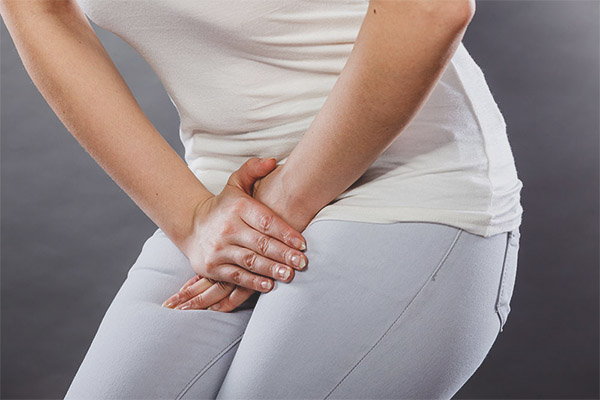
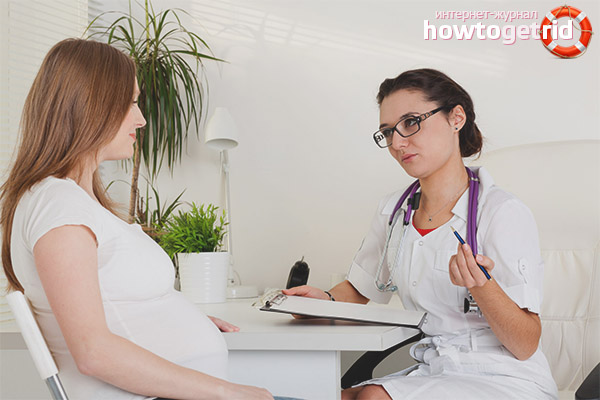


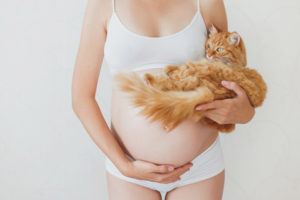
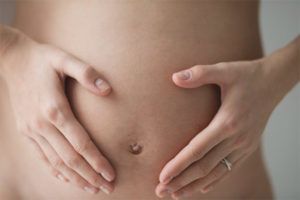

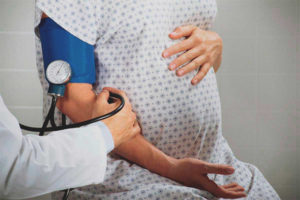
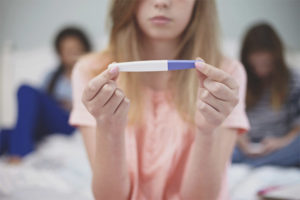
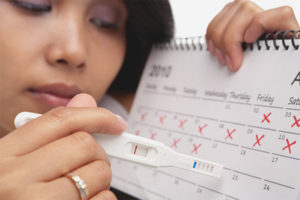
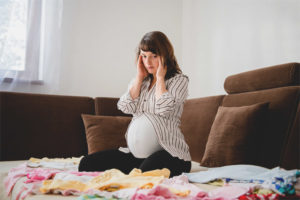
To send